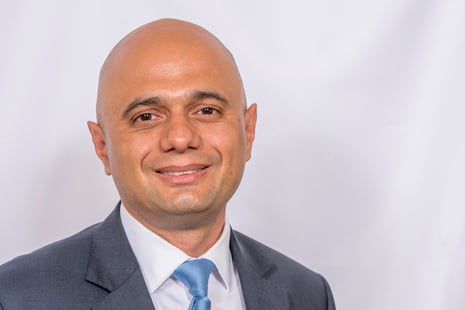£170m extra a year for ‘transformation’ of Welsh planned care services
More than £170m extra a year is set to be invested in planned care across NHS Wales.
 "We need to transform the way we deliver services. Many advancements and new ways of working have come online during the pandemic, but it is important to build on these and use the opportunity to create modern health and social services for the future," said NHS Wales chief executive Judith Paget. "We are making an extra £170m a year available to health boards for them to radically transform and fundamentally change how planned care is delivered, to ensure the planned care programme is fit for purpose and is delivering what we need."
"We need to transform the way we deliver services. Many advancements and new ways of working have come online during the pandemic, but it is important to build on these and use the opportunity to create modern health and social services for the future," said NHS Wales chief executive Judith Paget. "We are making an extra £170m a year available to health boards for them to radically transform and fundamentally change how planned care is delivered, to ensure the planned care programme is fit for purpose and is delivering what we need."
Newly-appointed Paget outlined five goals that will transform planned care, which are:
- Effective referrals into secondary care
- Access to specialist advice and guidance for primary care and paramedics
- Treat accordingly by ensuring that all care pathways are fit for purpose
- Follow ups to encourage individuals to manage their own conditions
- Measure what is important when looking at waiting lists
Planned care is any treatment that doesn't happen as an emergency and usually involves a prearranged appointment. Most patients are referred for planned care from their GP.
The funding will predominantly be focused on endoscopy, cataract, orthopaedic and diagnostic and imaging services, but will also go towards cancer and stroke services. It is on top of the £25m extra a year for emergency departments announced in July.
Health boards are also being urged to develop plans about how they can transform how their services are delivered and make best use of the funding available, which will be split equally between each health board based on population.
 "We are calling for health boards to radically transform how planned care is delivered, as we want to not just recover from the pandemic, but to build a planned care system that is bigger, better and more effective than we have seen before," explained Health Minister Eluned Morgan.
"We are calling for health boards to radically transform how planned care is delivered, as we want to not just recover from the pandemic, but to build a planned care system that is bigger, better and more effective than we have seen before," explained Health Minister Eluned Morgan.
The Minister also outlined how £1million will go towards the creation of a Planned Care Innovation Fund.
The fund, which will be open to applications from 30 November, is based on the principles of the Bevan Commission’s Exemplar programme, and is set out to support innovation and adoption across Wales, maximising the momentum, enthusiasm and opportunity for change this presents.
Betsi Cadwaladr University Health Board have already seen further developments in their delivery of orthopaedics with the innovative implementation of virtual follow ups with patients, video group consultations, some joint replacements without an overnight stay and prehabilitation screening for patients before surgery helping to cut their recovery time.
While these may appear small innovations, it is hoped they have the potential to be rolled out across all health boards and their learning being applied to many different settings.






